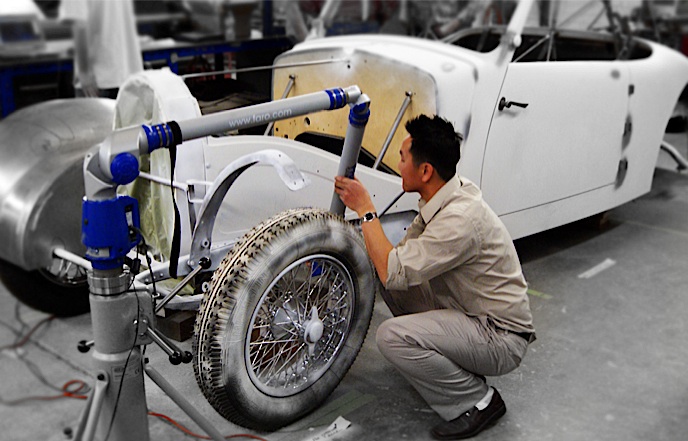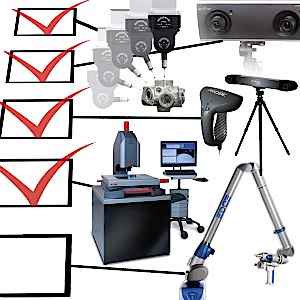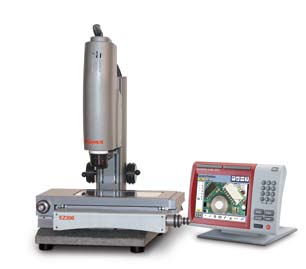
Whether you decide to outsource reverse engineering services or purchase equipment so you can do it in-house, you must work with a qualified provider that you trust. The reasons may be obvious in the case of outsourcing, but selecting a good reseller when you decide to buy is just as important.
Whichever route you choose, make sure your vendor satisfies the following requirements:
Four Criteria for Outsourcing Reverse Engineering Services
For many reverse engineering applications, selecting a qualified provider is critical, especially if you must satisfy regulatory requirements. Look for the following factors when you evaluate providers:- Certification and accreditation - The current certification standard is ISO 9001, and the accreditation to look for is ISO 17025.
- Expertise - Look for a long track record of success in multiple industries, particularly the one in which you operate.
- Technology - Advances in reverse engineering technology are ongoing. Look for a provider that stays on the cutting edge and adopts new measurement and scanning technologies as they are developed.
- Diversity - Successful reverse engineering is sometimes a combination of science and art. A reverse engineering provider that has experience across a range of industries and applications will be better able to solve problems and produce the best results.
Seven Criteria for Purchasing Reverse Engineering Equipment
If you have ongoing reverse engineering needs, purchasing equipment for in-house use might be more cost-effective. Although there are a number of places where you can purchase equipment, not all providers are created equally. Look for the following factors when selecting a vendor:- Collaboration - Most reverse engineering equipment requires an investment that you want to feel confident about making. Look for a provider that will help you select the best solution for your needs and not just sell you the device that will boost its bottom line.
- Diversity - Working with a reseller that carries multiple manufacturers will give you more choices and help ensure that you evaluate all the available options.
- Flexibility - If you are working with a limited budget, look for a provider that allows you to lease equipment or set up a payment plan.
- Expertise - The companies that also use reverse engineering equipment are the most qualified to help you decide what to buy. A provider that uses the same devices every day will be better able to help you make an informed decision than a provider that only sells equipment.
- Installation - Before you buy or lease the equipment, make sure your provider offers installation, calibration, and validation services so you can be confident that you have the proper setup.
- Training - Look for a provider that offers a variety of training options, especially if your staff will need to learn how to use your new equipment.
- Support - Sometimes problems arise. You don't want to be left on your own to troubleshoot or to set up maintenance schedules. Also, understanding your equipment warranty is important in order to ensure that you fulfill any requirements. Look for a provider that offers ongoing support so you can get the most from your investment.
Whether you decide to buy or outsource, Q-PLUS Labs can help. We meet all of the above criteria and more. We'll work with you to find the best solution for your reverse engineering needs. We'll even help you make the decision whether to buy or outsource. Request a quote today to get started.
What do you look for in a reverse engineering provider?





 Purchasing dimensional inspection equipment requires making a big decision, and in most cases a significant financial investment. It is important to be certain that the equipment you buy will serve its intended purpose and provide the results you need.
Purchasing dimensional inspection equipment requires making a big decision, and in most cases a significant financial investment. It is important to be certain that the equipment you buy will serve its intended purpose and provide the results you need.
 Dimensional measurement has very different meanings for different
Dimensional measurement has very different meanings for different 
